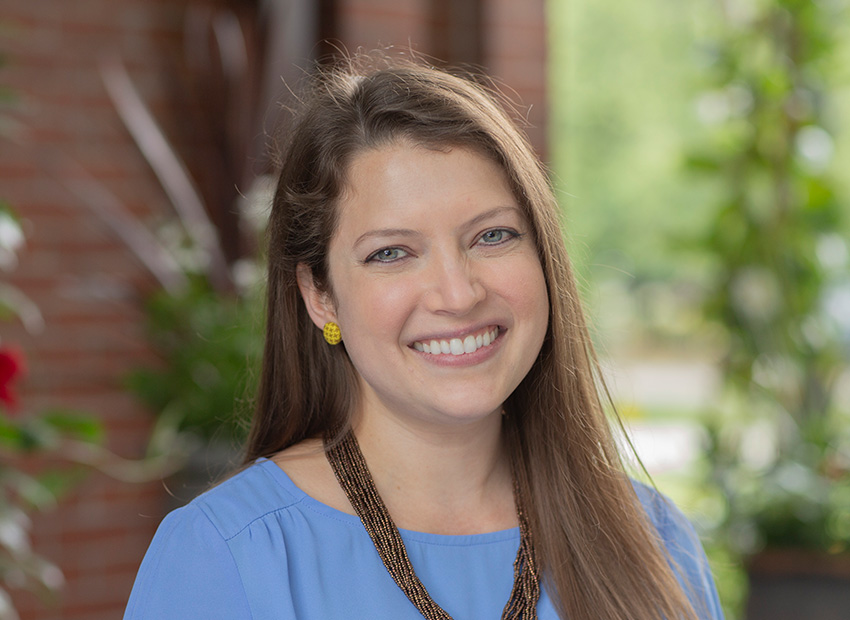Mastering the Final Round: How to Ace Your College Scholarship Interview and Stand Out
You’ve made it past the initial stages of a competitive college scholarship application process—congratulations! Whether the scholarship is offered through an organization, like the Coolidge Scholarship, or through a university, like the Ohio State University Stamps Eminence Scholarship Program, making it to the final round of this process is something to be celebrated.
I was lucky enough to review applications and interview students for two highly selective scholarship programs: the Morehead-Cain scholars program at UNC Chapel Hill and the Robertson Scholars Leadership Program at Duke & UNC. Prior to that, I coordinated the Weissman Scholarship application and interview process at Babson College. All three programs culminated in a multi-day, in-person interview, which is typical of the selective college scholarship process.
Why? These types of scholarships go beyond simply offering merit aid in acknowledgement of a student’s academic achievement. Rather, they offer funding for summer experiences, research, and travel, as well as significant mentorship and advising support from faculty and staff. Universities view the recipients of these scholarships as future alumni who they hope will quite literally change the world, and they are excited to meet you in person! So how can you best prepare?
Brush up on the specific details of the scholarship.
Familiarize yourself with the scholarship program’s mission statement, core values, and history. What are the buzzwords the program uses to describe their typical scholarship recipient? For example, being a “community builder” is different than being an “innovative thinker” so think about specific examples you can discuss during the in-person interview to highlight the skills and experiences the program most values.
Reflect deeply on how the scholarship would benefit you.
No one can deny that a scholarship is an incredible financial opportunity. But don’t let that lead the conversation when discussing what most excites you about the opportunity to join the cohort of scholars for that program. If you can’t articulate how you would engage with other scholars, or how you would explore the resources at your fingertips thanks to that scholarship program, it will be challenging for the committee to advocate for your selection. Be thoughtful in how you discuss the unique ways in which you would embrace every opportunity.
Let your nerd flag fly.
Don’t be afraid to share details of what most inspires and motivates you; what lights your intellectual fire? Are there members of the college community you’d be most excited to connect with about your area of interest? What resource centers, specialty programs, or academic research is being conducted within your field of interest and how might you like to contribute?
Lift others up.
The students at any scholarship event are among the top students at their schools, highly involved in their communities, and tend to be trusted leaders and respected by their peers and teachers. This may seem intimidating but don’t let your nerves creep up so much that you try to downplay someone else’s success, talent, or experiences to make yourself stand out. Acknowledge your accomplishments as well as those of the other scholarship candidates that surround you.
Work collaboratively.
There will likely be a group-based, problem-solving activity or discussion. Many times, what you are trying to solve is far less important than how you try to solve it. Scholarship programs with the cohort model want to make sure the students involved will listen and learn from each other, as well as lean on each other during times of challenge (which will inevitably come up throughout your four years of college). Use this time to demonstrate the ways in which your particular style of leadership and problem solving could contribute to the overall success of your group.
Make good choices.
Whether visiting a campus for a few hours or for an overnight stay, know that your interactions, conversations, and actions while on campus will be observed. Interested in skipping the ice cream social for scholarship finalists to attend a nearby frat party? Don’t do it. Tempted to sneak out of your host’s room at night to explore the connection you made with another scholarship candidate? Save it for another time. The organizers of these scholarship events put a lot of time, energy, and funding into the process. Be respectful of their time, as well as the time of any campus community members you engage with, by being fully present.
Above all else, be yourself. You made it this far because the scholarship committee believes in you and your potential to become a change-maker at their college and beyond. Enjoy meeting your fellow scholarship finalists, and don’t forget to send thank you notes to staff, faculty, or students who welcomed you to campus. You’ve got this!






